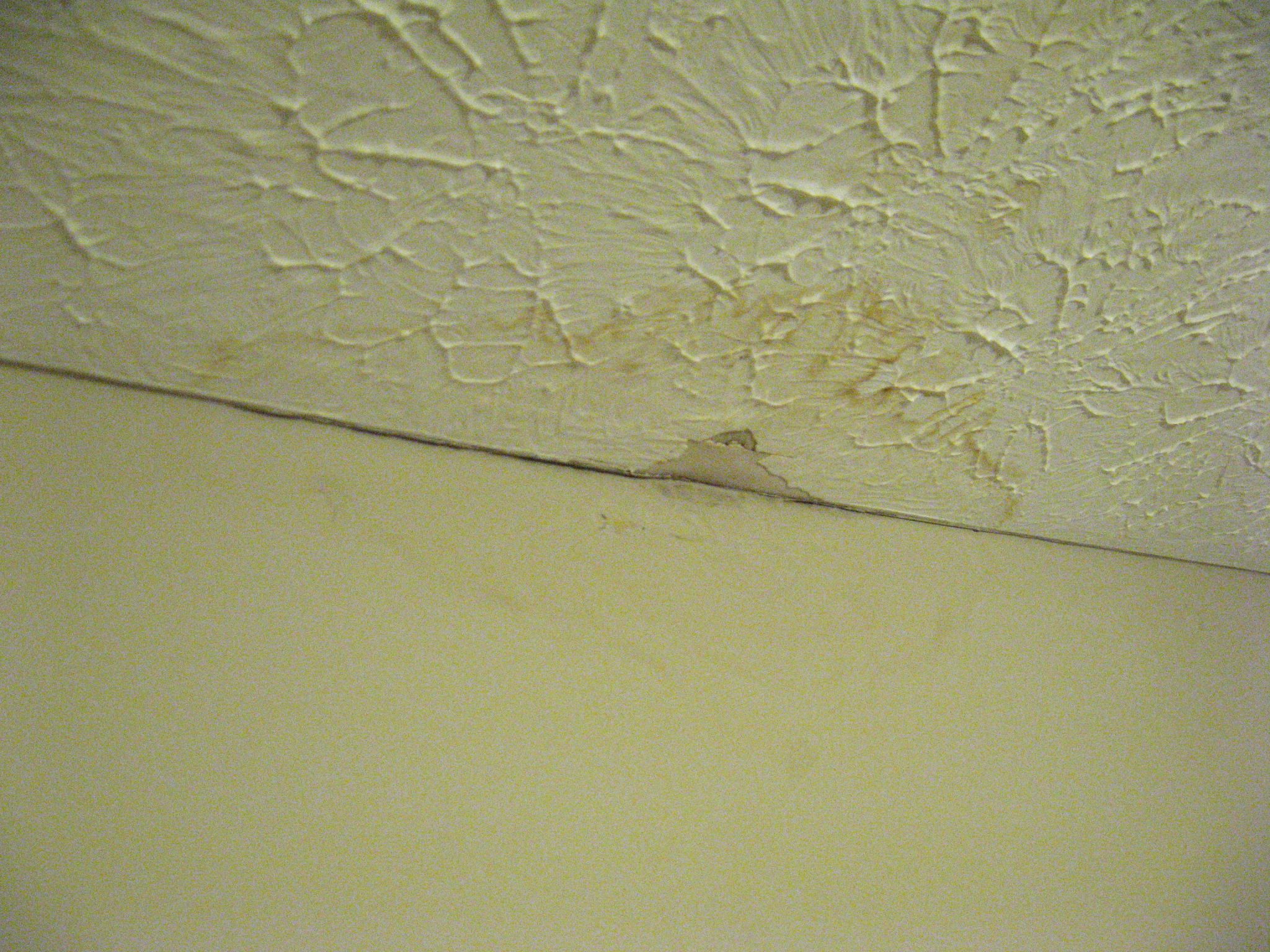Get to Know 6 Common Reasons Behind Water Leaks at Home
Get to Know 6 Common Reasons Behind Water Leaks at Home
Blog Article
Are you currently searching for facts concerning How to detect water leaks in your home?

Leakages not only trigger waste of water but can also cause unneeded damage to your residence and promote undesirable natural development. Water leaks may go unnoticed because most of the pipework in our home is hidden. By looking and understanding for daily scenarios that create leakages, you can protect your residence from future leakages as well as unneeded damage. Today, we will certainly consider 6 leak causes that might be causing your pipes to drip.
Immediate temperature adjustments.
Extreme temperature level adjustments in our pipes can trigger them to expand and get unexpectedly. This expansion and tightening may create fractures in the pipes, specifically if the temperature level are listed below freezing.
Corroded water supply
As time goes by, your plumbing system ages and also rust such as corrosion may start gnawing the pipelines. This may be the source of staining or bending on your pipes. This calls for an inspection with your plumber instantly. If our plumbing system is old, take into consideration changing the pipes since they go to a greater risk of corrosion than the newer models.
Faulty Pipe Joints
The point at which your pipelines attach is often the weakest web link in the waterline. Pipe joints can weaken gradually, resulting in water leaks. However, the majority of pipeline joints are not quickly noticeable. If you have noisy pipelines that make ticking or banging noises, specifically when the hot water is switched on, your pipeline joints are possibly under a great deal of pressure. It is recommended to have your plumber evaluate your system yearly.
Elbowing in origins
Most water leaks begin outside the home rather than inside it. You might see damp spots or sinkholes in your yard, and also that may imply that tree roots are attacking water lines causing water to permeate out.
Poor Water Connectors
At times, a leak can be triggered by loosened pipes and also pipelines that supply your devices. Typically, shifting is what causes the loose water Connections. You could locate when it comes to a washing device, a tube might spring a leakage as a result of trembling throughout the spin cycle. In case of a water links leakage, you might discover water running directly from the supply line or puddles around your appliances.
Blocked Drains
Obstructed drains may be annoying and also inconveniencing, but they can in some cases end up causing an overflow resulting in break pipes. Maintain getting rid of any type of products that may go down your drains that might obstruct them to avoid such troubles.
All the above are causes of leaks however not all water leakages result from plumbing leakages; some leaks may originate from roof leakages. All leaks should be fixed immediately to stay clear of water damage.
Leaks not just trigger waste of water but can likewise cause unneeded damages to your home as well as promote undesirable natural development. By recognizing and looking for everyday scenarios that cause leaks, you can protect your residence from future leaks and unneeded damages. Today, we will look at six leakage triggers that might be creating your pipelines to leak.
At times, a leakage can be triggered by loose hose pipes as well as pipelines that supply your home appliances. In instance of a water connections leak, you may notice water running straight from the supply line or pools around your devices.
How To Check For Water Leak In Your Home
How To Check for Leaks
The average household's leaks can account for nearly 10,000 gallons of water wasted every year and ten percent of homes have leaks that waste 90 gallons or more per day. Common types of leaks found in the home are worn toilet flappers, dripping faucets, and other leaking valves. These types of leaks are often easy to fix, requiring only a few tools and hardware that can pay for themselves in water savings. Fixing easily corrected household water leaks can save homeowners about 10 percent on their water bills.
To check for leaks in your home, you first need to determine whether you're wasting water and then identify the source of the leak. Here are some tips for finding leaks:
Take a look at your water usage during a colder month, such as January or February. If a family of four exceeds 12,000 gallons per month, there are serious leaks.
Check your water meter before and after a two-hour period when no water is being used. If the meter changes at all, you probably have a leak.
Identify toilet leaks by placing a drop of food coloring in the toilet tank. If any color shows up in the bowl after 10 minutes, you have a leak. (Be sure to flush immediately after the experiment to avoid staining the tank.)
Examine faucet gaskets and pipe fittings for any water on the outside of the pipe to check for surface leaks.
Undetected water leaks can happen without the home or business owner even realizing. If you suspect a water leak, but not able to find the source. It is time to contact a professional water leak detection service, The Leak Doctor.
How To Find a Water Leak In Your Home
https://www.leakdoctor.com/blog/How-To-Check-For-Water-Leak-In-Your-Home_AE197.html

I have been very involved in How to detect water leaks in your home and I'm hoping you appreciated the new entry. Enjoyed our write-up? Please share it. Help others discover it. Bless you for your time. Please visit our blog back soon.
Search no more; expert plumbers. Report this page